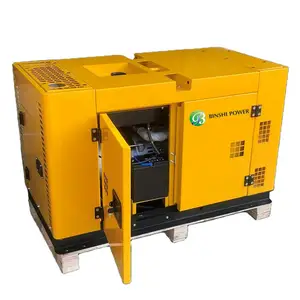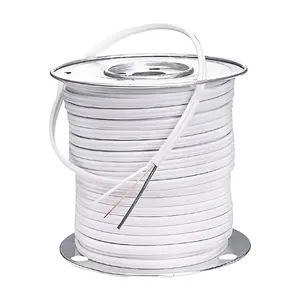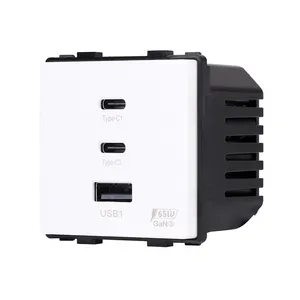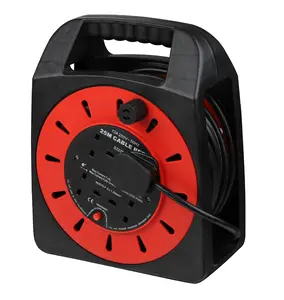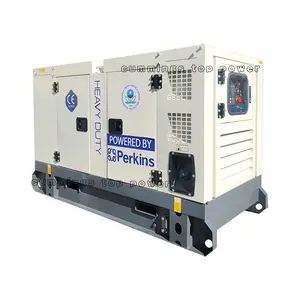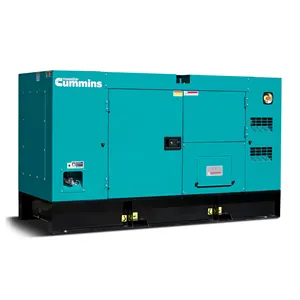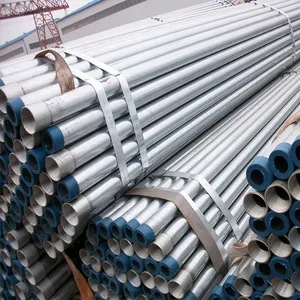Popular in your industry


































































































































































































Top categories
About conduit coiled cable
Understanding Conduit Coiled Cable
Conduit coiled cables are integral components in modern electrical installations, offering a blend of durability and flexibility. These cables are designed to protect and route electrical wiring in a variety of environments, ensuring consistent performance and safety.
Types and Materials
The diversity of conduit coiled cable types caters to different applications, with materials ranging from galvanized steel to stainless steel and polyethylene (PE). Each material offers distinct advantages, from corrosion resistance to enhanced durability, providing a tailored solution for electrical conduits.
Applications and Features
Flexible conduit coiled cable finds its place in numerous settings, from industrial machinery to commercial infrastructure. Its inherent fireproof characteristics ensure it is a go-to choice for areas requiring stringent safety measures. The coiled design allows for ease of transport and installation, making it a practical option for dynamic construction needs.
Advantages of Using Conduit Coiled Cable
Opting for a conduit coiled cable brings several advantages, such as enhanced electrical protection and longevity. The coiling nature accommodates movement and vibration, reducing the risk of wear and tear. Moreover, the variety of materials available allows for selection based on specific environmental conditions, ensuring optimal performance.
Selection Considerations
When choosing the appropriate conduit coiled cable, it is crucial to consider factors such as the type of conduit, the environmental conditions it will be exposed to, and the electrical requirements of the system. This ensures that the cable selected will not only fit seamlessly but also function effectively for its intended purpose.
Environmental and Safety Compliance
Conduit coiled cables are manufactured in compliance with various environmental and safety standards, ensuring they meet the necessary regulations for safe use. It is important to select cables that adhere to these standards to maintain the integrity of the electrical systems they are a part of.
